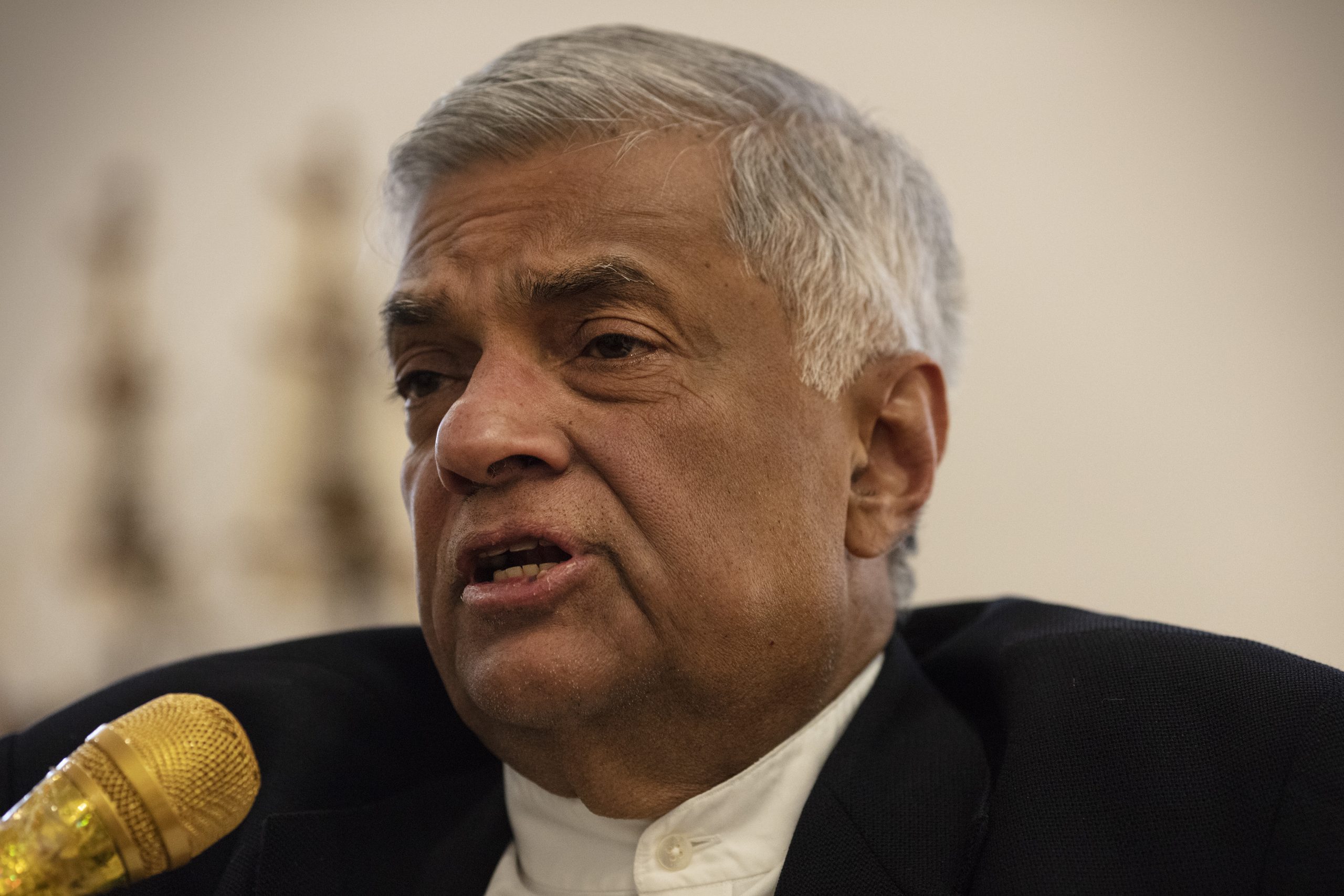
By: Kimberly Rodrigues
Sri Lanka’s president on Wednesday (22) cautioned that the country would face further economic challenges and that strict austerity measures would be necessary to repair its damaged finances following an IMF bailout agreement.
The International Monetary Fund granted approval for the delayed rescue package on Monday, with China – Sri Lanka’s largest bilateral lender – providing assurances on debt relief.
While President Ranil Wickremesinghe praised the deal as a significant step towards Sri Lanka’s recovery from the unprecedented economic crisis it faced last year, he also emphasised to parliament that the bailout was merely the initial stage of more demanding structural reforms.
“The IMF loan is not an end in itself, this is the beginning of a long and more difficult journey,” Wickremesinghe said.
“We have to traverse it with care and courage. The only objective is to rebuild the economy.”
Last April, Sri Lanka defaulted on its foreign debt of $46 billion, having nearly depleted its foreign exchange reserves. This situation made it extremely challenging for importers to obtain essential goods.
As a result, the country’s 22 million citizens had to endure months of shortages of food and petrol, coupled with high inflation rates and extended periods without electricity.
In an effort to replenish government funds, Wickremesinghe implemented steep tax increases and terminated consumer subsidies on fuel and electricity.
On Wednesday (22) he announced that additional taxes would be implemented to fulfill the IMF’s directive of reducing Sri Lanka’s spending on foreign debt servicing by 50 per cent from last year’s 9 per cent of GDP.
Additionally, the IMF has demanded that Sri Lanka establish stringent anti-corruption regulations and divest money-losing state-owned firms, including troubled carrier SriLankan Airlines.
Wickremesinghe stated that the government would take on the external debts of significant public corporations to make them more appealing to potential investors.
The austerity plan has been met with opposition from trade unions, with recent strikes in the healthcare and transportation sectors causing disruptions. They have also warned of additional industrial action in the future.
(With inputs from AFP)
 [TheChamp-Sharing]
[TheChamp-Sharing]